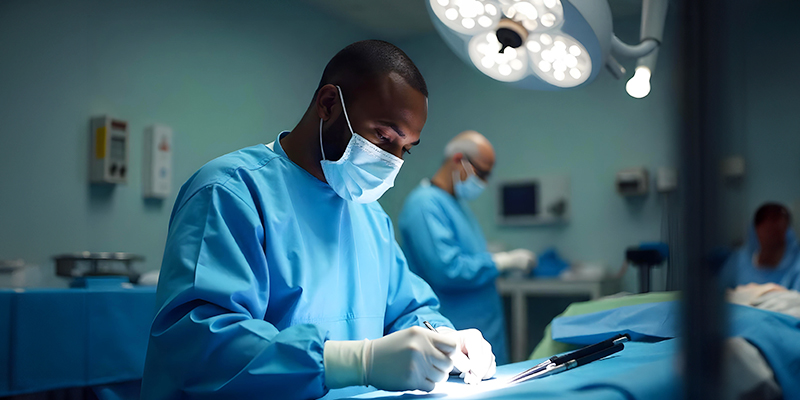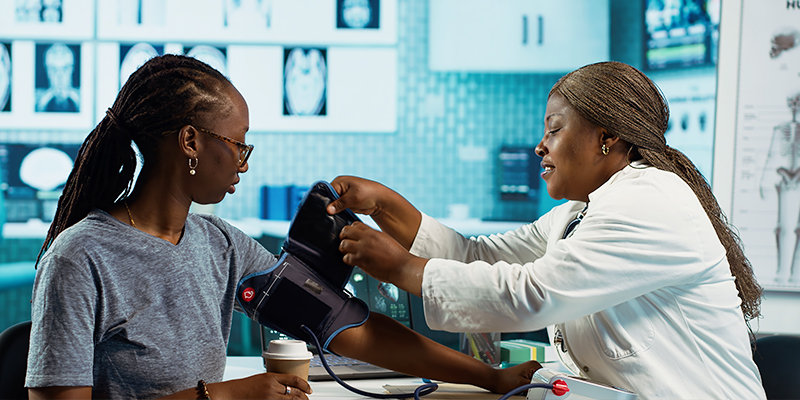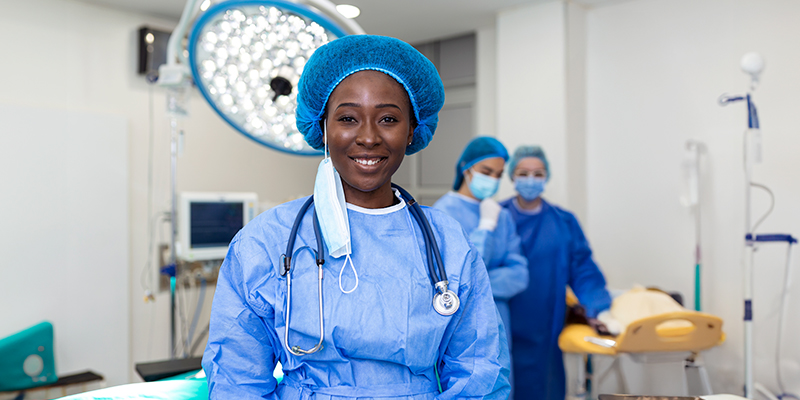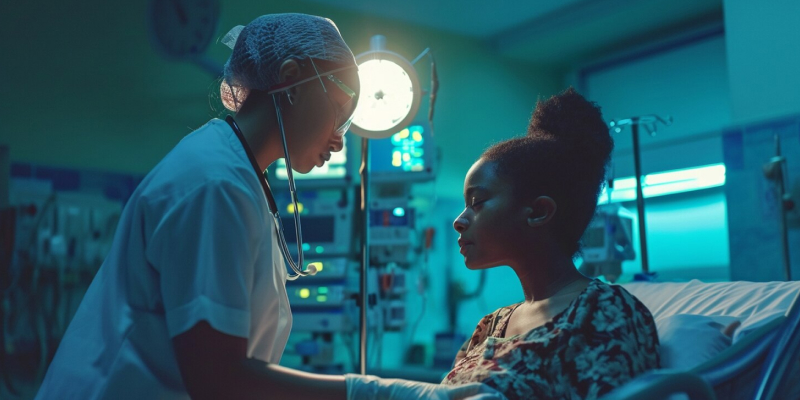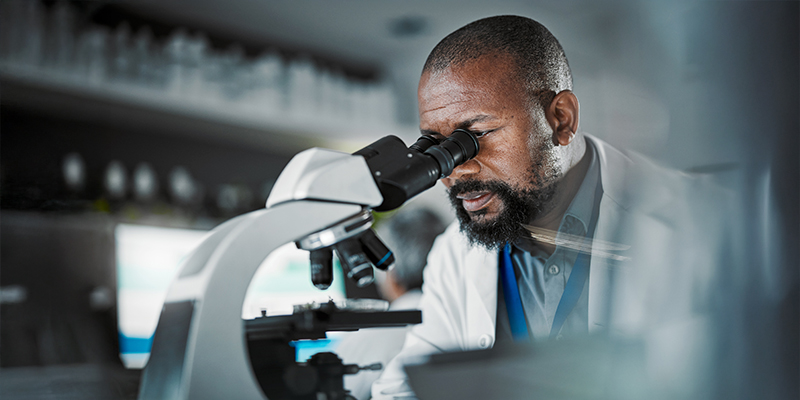One of the leading causes of cancer-related deaths globally, lung cancer is a kind of cancer that develops in the lungs (one of the respiratory organs). There are two types of lung cancer -- SCLC (small cell lung cancer) and NSCLC (non-small cell lung cancer), latter being the most common one accounting for approximately 80-85% of all cases.
However, early detection can significantly improve the chances of successful recovery and outlook.
Causes
People who smoke regularly have the highest risk of developing lung cancer, though it may develop in non-smokers as well. 90% of all cases are related to regular or passive (secondhand) smoking. According to the American Lung Association, the second leading cause of lung cancer is radon exposure, a radioactive gas. Other substances that can lead to the condition are:
- Asbestos
- Uranium
- Nickel
- Chromium
- Cadmium
- Arsenic
- Some petroleum products
In some cases, there may be no obvious cause.
Symptoms
The signs and symptoms of lung cancer are usually observed in its intermediate or advanced stages.
These may include:
- New, persistent or worsening cough
- Blood in cough or phlegm
- Severe, unexplained chest pain
- Shortness of breath
- Hoarseness
- Unexpected weight loss
- Loss of appetite
Respiratory infections such as bronchitis or pneumonia may also affect the lung cancer patient.
Risk Factors
Lung cancer can affect people of all ages, gender, ethnicity, races and lifestyles. However, certain factors are known to increase one's chances of developing the condition, smoking being the biggest one. Thus, the factors include:
- Smoking: The likelihood of developing lung cancer increases by 15 to 30 times in cigarette smokers.
- Passive smoking: Exposure to secondhand smoking leads to approximately 7,300 deaths annually in the United States alone.
- Exposure to certain gases like radon and other carcinogens such as nickel, chromium, etc.
- Family history: People with a family history of lung cancer are at an increased risk of the condition.
- Previous radiation therapy: People who have undergone radiation therapy to the chest or adjacent area for any other type of cancer have higher chances of developing lung cancer.
Prevention
Lung cancer is not preventable entirely through any lifestyle change or medication. However, the risk significantly by taking the following measures:
- Quit smoking; though the possibility of developing lung cancer still exists upon quitting, the chances reduce gradually over time.
- Avoid passive smoking
- Get your home and workplace tested for radon and other carcinogens. In case your profession involves such substances, take precautions like wearing a mask to avoid exposure.
- Take a healthy diet, including fruits and vegetables.
- Follow a regular fitness regime.
The Bottom Line
If you experience any of the symptoms mentioned herein or find yourself at a high risk of developing lung cancer, seek immediate consultation with experienced doctors at HJ Hospitals -- one of the best hospitals in the Democratic Republic of Congo for cancer treatment. Equipped with the state-of-the-art technology and manned by the team of our expert specialists, nurses and medical staff, HJ Hospitals provides world-class yet affordable healthcare services to the people of DRC.





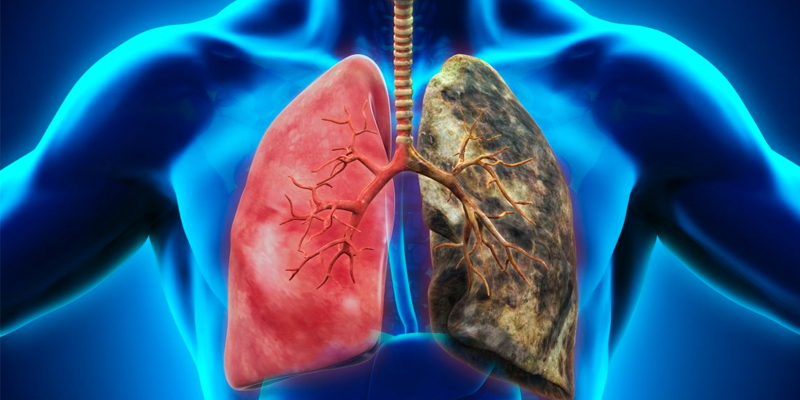
 Nov 02, 2020
Nov 02, 2020 Admin
Admin




